The Yucatán is my favorite state in Mexico. Which actually isn’t saying a whole lot, since I’ve only visited a few. But it is one destination that I would very gladly revisit and spend much more time exploring.
There is a lot to explore in the Yucatán, and I did a decent amount of research trying to plan out just a few days of travel. I read about it’s wealth of Mayan archaeological sites, settled on visiting some of the stunning cenotes, and noted it is hot all year round. But there were a handful of things that surprised me.
The Climate is Drier Than I Expected
Although the Yucatán is pretty humid, I was surprised by how dry it was. The peninsula is green and lush, to be sure. But when I got out to the ruins at Dzibilchaltun, it hit me that the forest felt far more like a forest and not at all like a jungle. On the way to the Chunkanán Cenotes, I again noticed how many leaves were on the ground. Dry leaves. I’d expected it to be a bit Florida-esque, with rainstorms in the afternoon. And while the clouds made me think this would be the case one day, nothing ever arrived.
I did travel during the middle of the dry season, so maybe my perception is skewed. Looking up the annual rainfall, however, it’s only around 30 inches per year. That surprised me. We get 50% more rainfall on the northern California coast.
The climate may be dry, but it’s still tropical. You can expect warm, humid days. During the rainy season from May through October, you can expect the bulk of the rain.
The Cenotes are the Result of…What?
Swimming in a water-filled limestone cave is super cool. The primary scientific hypothesis explaining their creation is pretty cool as well. You can easily spot the concentrated “Ring of Cenotes” when looking at a map of the Yucatán showing their locations. It turns out that they predominantly occur along the edge of the buried Chicxulub crater, the remains of where an asteroid impacted the Yucatan long ago. There are cenotes in other parts of the peninsula, but it seems that a good number, including those at Chunkanán and Homún, are part of this ring.
Where Did You Get These Food Ideas?
Would you guess that a classic Yucateco dish includes Dutch edam cheese? I never would have either. Turns out the queso relleno is actually extremely good, too.
There are some other oddball foods that originate in the Yucatán. Another favorite of mine is the Xtabentún, an anise-flavored liqueur that is extremely sweet. Dulce de papaya is another strange one. This I didn’t try.
Driving Was a Breeze
Driving outside the U.S. (except for in Canada) is one thing that intimidated me slightly. That is, until we spent nearly two months in Costa Rica, where I learned to navigate the packed roads of San Jose and hectic Tico driving. Since then, driving outside the U.S. has been relatively benign (even though I’ve yet to drive in a left-hand vehicle or country).
Driving in Merida proved to be the easiest of all international driving I’ve done. People are speeding and in a hurry, and you just have to relax and go with the flow of traffic. Sure, things are a bit messy and drivers drift in and out of lanes (hey, it’s Mexico), but on the whole, it was a cinch. If driving within Mérida isn’t that bad, even having to navigate the maze of one-way streets, driving outside the city on highways and rural roads is a breeze.
Not Surprised: Yucatan Is The Most Peaceful State in Mexico
Much of Mexico is safe. Even more is relatively safe for tourists, with only specific areas or cities to really avoid. In my opinion, the country gets a bad rap thanks to the limited areas where there is substantial violence.
If you’re still spooked about traveling to Mexico, though, consider a trip to the Yucatán as your first. It’s reportedly the most peaceful state in the country. After visiting, I’m not surprised by this at all. Even popular Cancún has seen some gang-related violence lately.
Final Thoughts
I loved the Yucatán. I’m hopeful to take a family trip here at some point in the future. There are other places in Mexico calling to me as well, though, including Chiapas and Oaxaca. We’ll have to see which I pick for my next visit to the country!





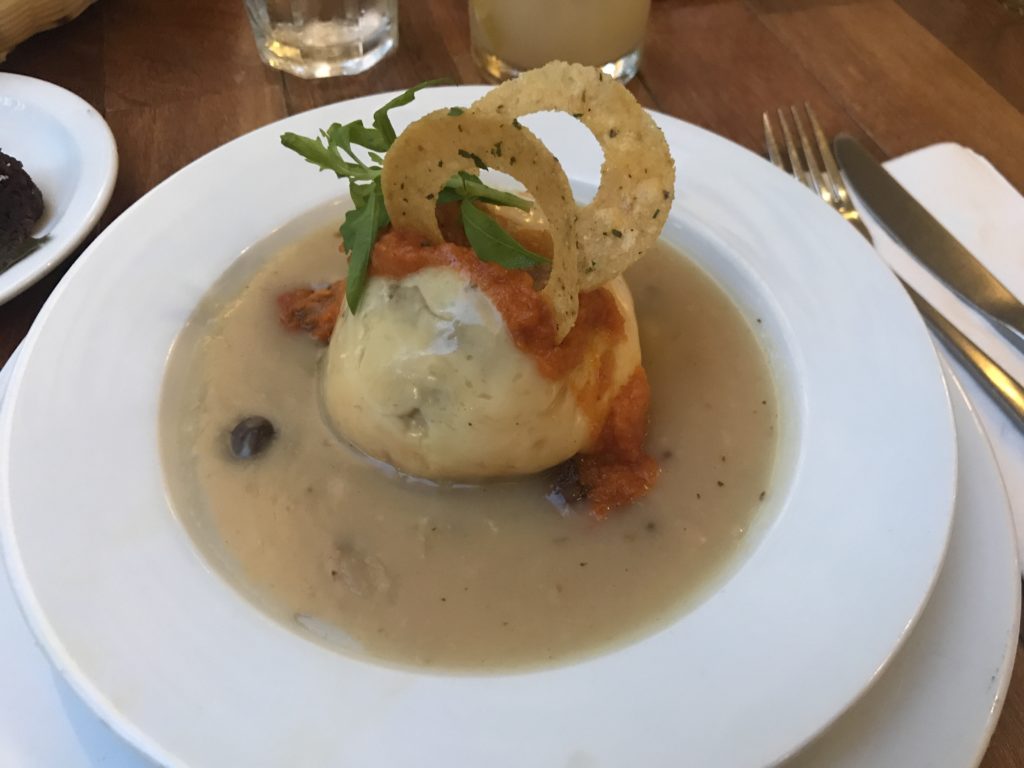
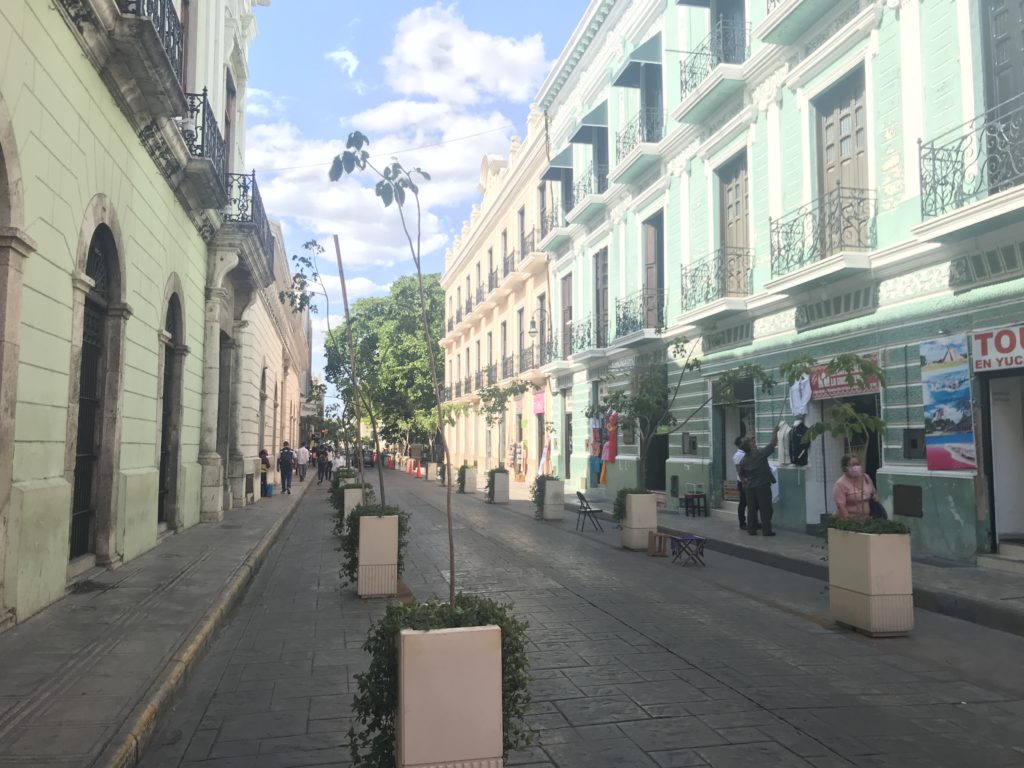


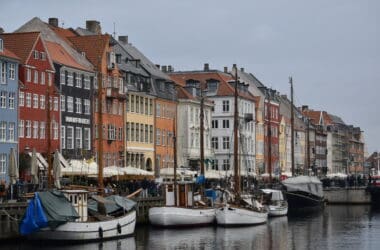

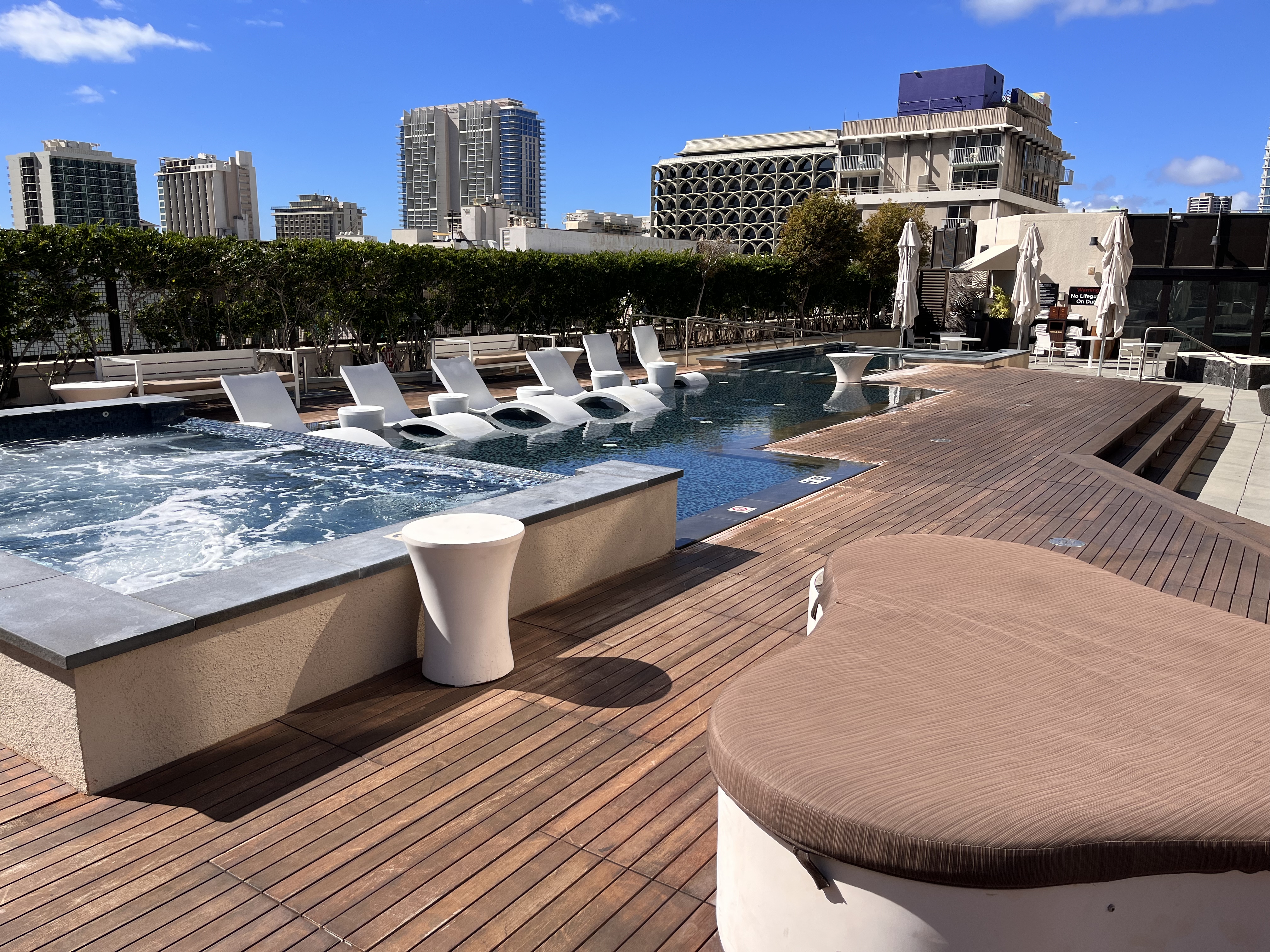
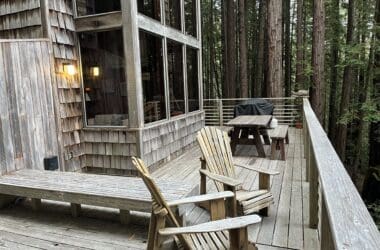

An interesting take on things. The only thing I’d disagree with you on is the driving: when I see a car or truck drifting sideways at me, deep into my lane, I am not going to relax and take it well.
I’d wondered about the cenotes but always kind of figured the water table had just lowered.
There are certainly other limestone cenotes in other parts of the peninsula that don’t conform to the crater remains, especially further east and south. But it’s still incredibly interesting that there are so many along the concentrated “ring”.
Driving is a personal thing. For me, it’s best when it’s a thrill. I found Merida an easy, lazy thrill. 😉